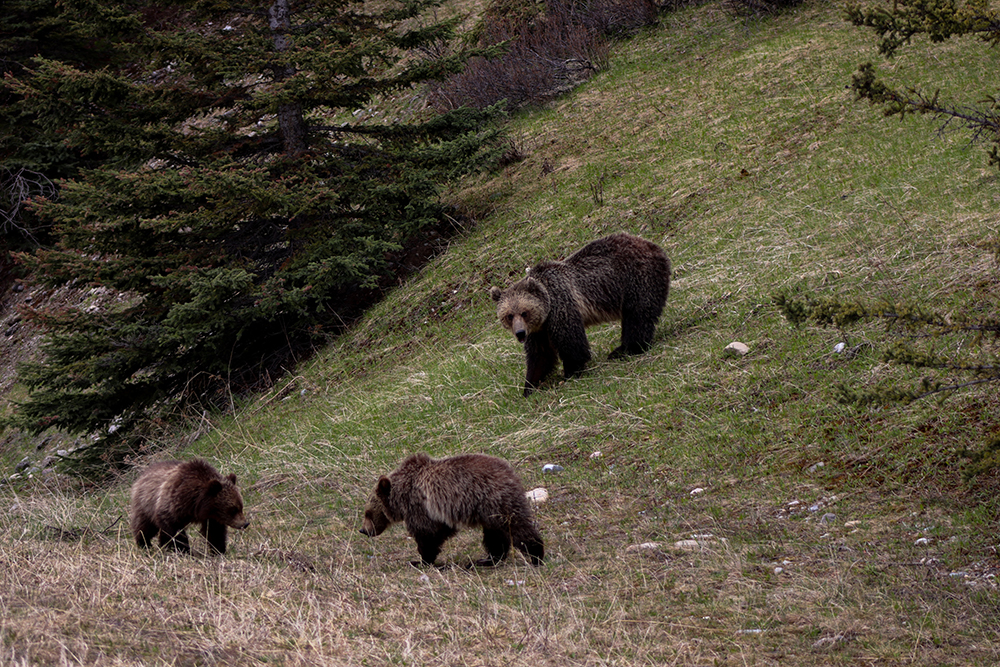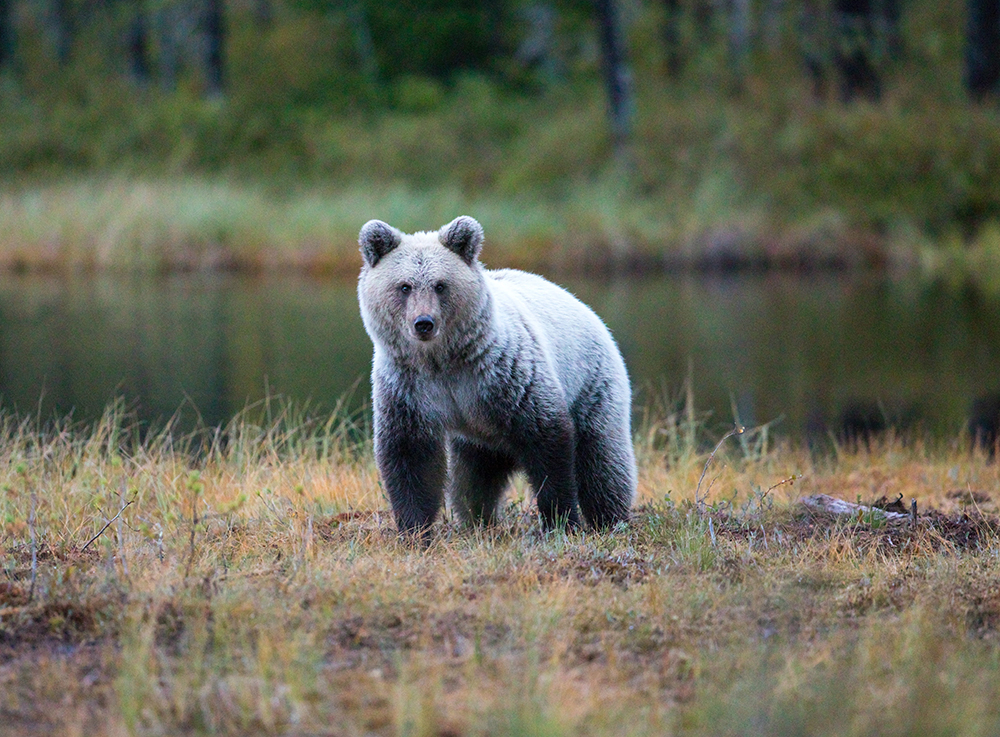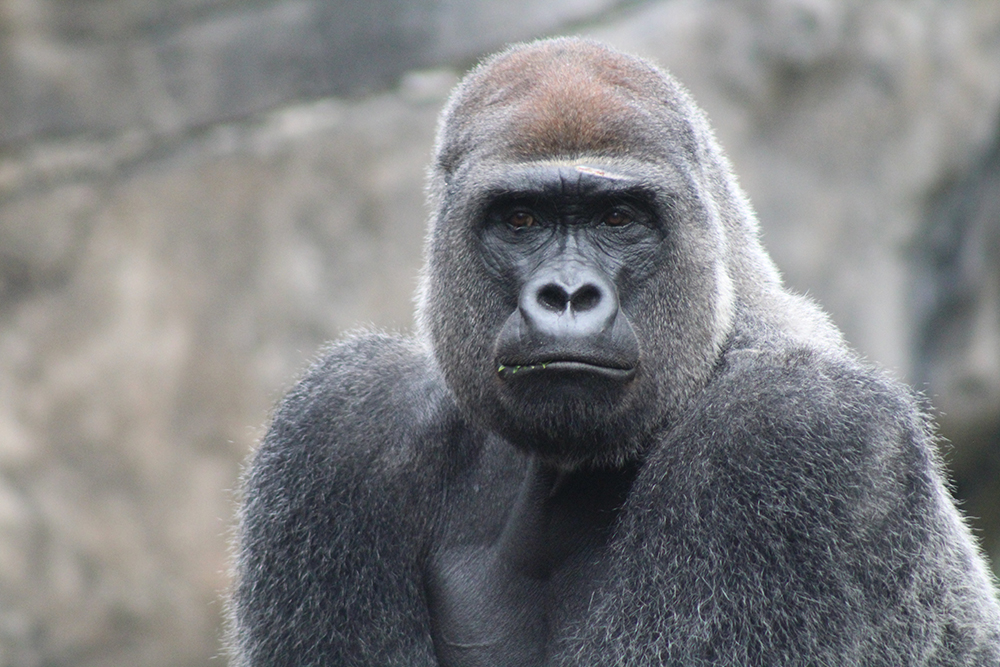Animal-computer interaction (ACI) “is a rapidly growing field, which focuses on the interaction between animals and computing-enabled technology and for which the International Conference on Animal-Computer Interaction is the main convention venue” (Website ACI2022). ACI2022 will take place 5-8 December 2022, hosted by Northumbria University, Newcastle upon Tyne, UK. The “Emerging Work” track reflects early stage efforts that either: “1) will be of interest to the ACI community and likely to generate insightful, instructional, and/or spirited discussion, and/or 2) is early enough that it could benefit greatly from community feedback on direction, design, methods, etc.” (Website ACI2022) In this track, the paper “A Face Recognition System for Bears: Protection for Animals and Humans in the Alps” by Oliver Bendel and Ali Yürekkirmaz was accepted. It fits very well with this year’s conference theme, “Defining Tomorrow”. “The theme acknowledges the rapid growth in technology for animals with new products coming onto the market, normalising the use of technology in many human-animal relationships, and asks: where should we go next?” (Website ACI2022)
ANIFACE: Animal Face Recognition
Facial recognition is a problematic technology, especially when it is used to monitor people. However, it also has potential, for example with regard to the recognition of (individuals of) animals. Prof. Dr. Oliver Bendel had announced the topic “ANIFACE: Animal Face Recognition” at the University of Applied Sciences FHNW in 2021 and left the choice whether it should be about wolves or bears. Ali Yürekkirmaz accepted the assignment and, in his final thesis, designed a system that could be used to identify individual bears in the Alps – without electronic collars or implanted microchips – and initiate appropriate measures. The idea is that appropriate camera and communication systems are available in certain areas. Once a bear is identified, it is determined whether it is considered harmless or dangerous. Then, the relevant agencies or directly the people concerned will be informed. Walkers can be warned about the recordings – but it is also technically possible to protect their privacy. In an expert discussion with a representative of KORA, the student was able to gain important insights into wildlife monitoring and specifically bear monitoring, and with a survey he was able to find out the attitude of parts of the population. Building on the work of Ali Yürekkirmaz, delivered in January 2022, an algorithm for bears could be developed and an ANIFACE system implemented and evaluated in the Alps. A video about the project is available here.
Towards Animal Face Recognition
Face recognition for humans is very controversial, especially when it comes to surveillance or physiognomy. However, there are also other possible applications, for example in relation to animals. At the moment, individuals are mainly tracked with the help of chips and transmitters. However, these are disturbing for some of the animals. Further, the question is whether one should interfere with living beings in this way. In addition, animals are constantly being born that escape monitoring. The project “ANIFACE: Animal Face Recognition” will develop a concept of a facial recognition system that can identify individuals of bears and wolves. These are advancing more and more in Switzerland and need to be monitored to protect them and affected people (and their agriculture). Facial recognition can be used to identify the individual animals and also to track them if there are enough stations, which of course must be connected with each other. An interesting sidebar would be emotion recognition for animals. The system could find out how bears and wolves are feeling and then trigger certain actions. The project was applied for in July 2021 by Prof. Dr. Oliver Bendel, who has already designed and implemented several animal-friendly machines with his teams. In August, it will be decided whether he can start the work.


